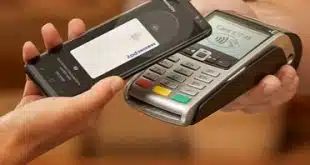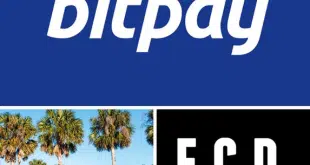CheckFree Corp. is leveraging its access to millions of electronic bill-payment transactions to offer a new anti-fraud tool that it says can stop fraud losses before they happen in consumer payment channels in and outside of electronic bill pay. The Norcross, Ga.-based processor, which serves about 1,700 financial institutions and billers, says the new service, called FraudNet, relies on a wide range of transaction data not available until now. “It's very powerful,” says Matthew S. Lewis, executive vice president and general manager of CheckFree's electronic commerce division. “No one's had access to this data before.” FraudNet analyzes all bill-payment transactions CheckFree processes?some 90 million in October?along with associated non-payment interactions consumers have with clients' online banking systems in real time to identify out-of-pattern behavior or behavior shown by experience to be indicative of fraud. Highly suspicious patterns receive a “red alert,” allowing FraudNet subscribers to stop them before any money moves. Less suspect patterns are scored “yellow” and may proceed with a review, while all other transactions receive a green light and process normally. Lewis says the system can detect and stop insidious frauds involving several payment channels. One example: criminals who open a checking account, fund it with $100, then perform an online $100 payment to a bogus payee they set up; when they receive the draft, they cash it at a check-cashing outlet and immediately pull $100 out of the account through an ATM, before the check can clear. Their profit: $90, after paying 10% to the check casher, which gets stuck with the bad paper. FraudNet, says Lewis, takes advantage of a wealth of payment-related data most billers and processors have ignored, including online-banking interactions not involving a payment. Actual electronic payments, Lewis says, represent just 25% to 35% of all interactions consumers have with online-banking systems. “We're packaging a lot of data that right now is just exhaust in the [electronic] payment engines,” he says. The data base refreshes itself with each new transaction, and financial institutions that subscribe will receive alerts based on data related to transactions performed across the network of CheckFree billers and banks. A red alert generated for one subscriber will also apply to any like patterns showing up in the data for any other subscriber. The alerts are based on fraud scores generated by an analytics engine from Actimize Inc. Electronic bill payment is thought to less prone to fraud because banks and billers typically know their customers. And online bill payment is safer than paper-based payments. The average paper-based incident involves a loss of $4,500, Lewis says, and takes 100 days for the consumer to discover. Electronic frauds average $500 and are detected in 11 days. Still, he says, 56% of all bill-payment frauds are detected by the customer. “That's painful,” he says. Banks, meanwhile, sustain not just the hard-dollar cost of making customers whole, but also costs related to issuing new cards, investigating the theft, and potentially losing the customer after all. “Those costs are enormous,” says Lewis. The goal of FraudNet, he adds, is to stop the fraud before the customer can be affected, and to reduce even the $500 average loss in electronic bill payments. One bank that tried FraudNet for two weeks, Lewis says, detected $10,000 in fraud it could not have discovered otherwise. CheckFree charges a percentage of the fraud it stops. Lewis says the percentage is negotiable with each subscriber. The company has sold one implementation so far and looks for a rapid adoption. “We did an awful lot of market validation on this before we released the product,” says Lewis. “We are optimistic.”
Check Also
AES Partners with Genwin and other Digital Transactions News briefs from 3/21/25
Advanced Executive Sales LLC, a point-of-sale and e-commerce payments platform, and its affiliate Neon Bloom …





